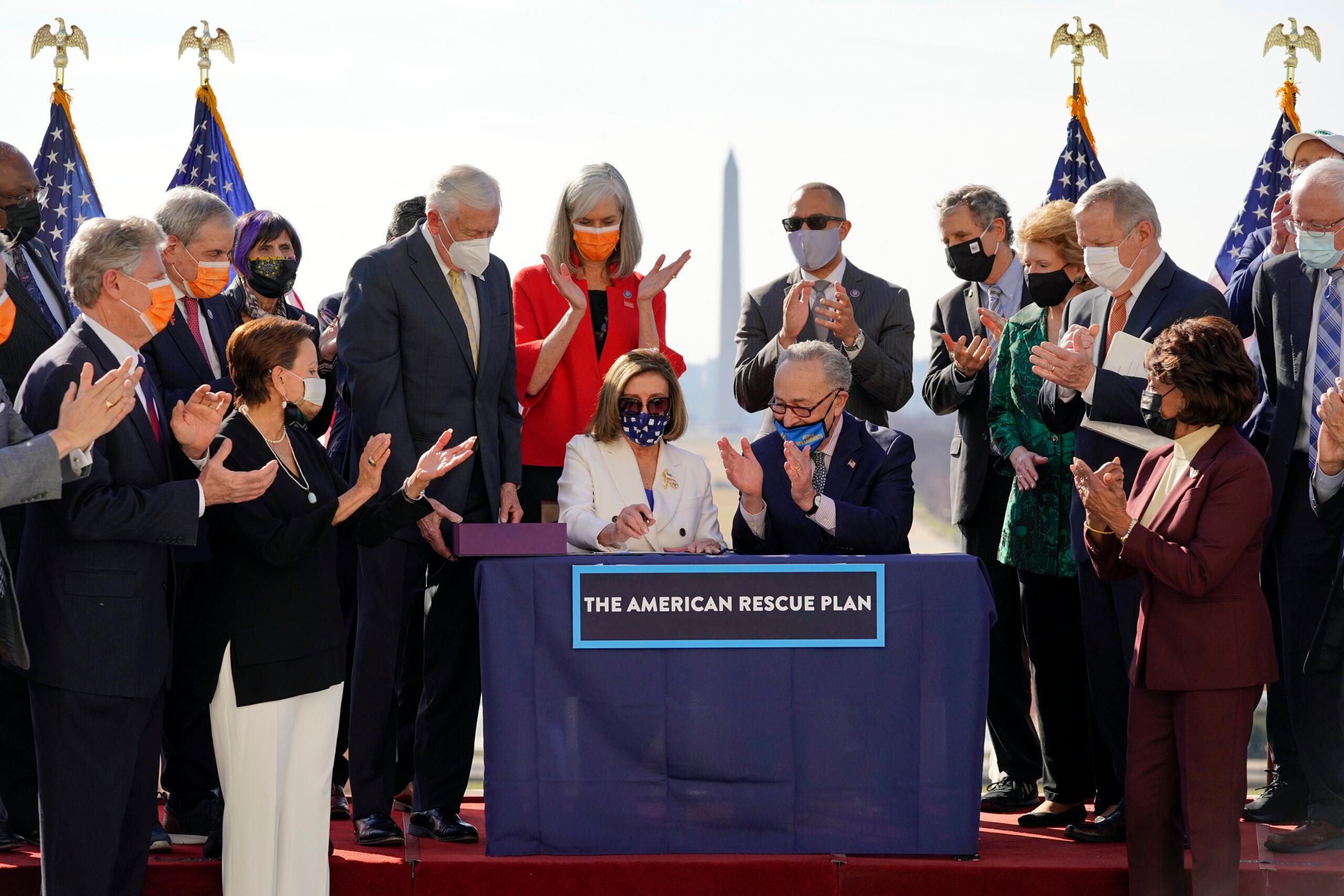
Most people receiving unemployment will have a smooth transition to the next set of extended benefits, according to officials with the Colorado Department of Labor and Employment.
The current set of extended benefits is now in its final week. But President Joe Biden is set to sign the latest federal relief package, known as the American Rescue Plan, into law on March 11. The $1.9 trillion package includes about six more months of unemployment benefits. Colorado officials say that there will not be any interruption to benefits for most people as the extension begins in the coming week.
What the new federal bill does for unemployment:
- Extends unemployment benefits until Sept. 6 for people receiving Pandemic Unemployment Assistance and Pandemic Unemployment Assistance. This means that people on regular unemployment, extended unemployment and the unemployment program for self-employed people all should have benefits for about six more months.
- Extends the $300-per-week boost, also known as Federal Pandemic Unemployment Compensation, until Sept. 6 for all recipients.
- Adds a tax exemption so that people can skip paying taxes on the first $10,200 of unemployment benefits that they received in 2020, but only for people with a household adjusted gross income less than $150,000.
The previous extension didn't go so smoothly. Unemployed people waited at least a month, and often two months, without benefits after former President Donald Trump signed the previous extension into law in late December.
“We know that this caused a lot of hardship in Colorado and we want to avoid that this time around," said Joe Barela, executive director of CDLE.
The difference, according to labor officials, is that the new bill is designed to be easier to implement. Instead of making major changes to programs, Congress simply added more money. That means that Colorado officials will have to do far less programming and adjustments. They expect to take the MyUI+ system offline for about eight hours on Friday night, March 12, starting at 7 p.m., to make changes.
Congress "kept things simple, and essentially what they’ve done is added money and added weeks to the programs. They did not add any programmatic changes," said Phil Spesshardt, the agency's benefit services manager.
Anyone currently receiving benefits should continue to make their weekly certification for benefits as normal. However, certain people may be forced to wait longer, especially those who had Pandemic Unemployment Assistance claims that began early in February 2020.
Others are still waiting for benefits from the December package, including people with out-of-state wages and some who participated in workshare programs. "It's primarily cleaning up glitches at this point," Spesshardt said.
The state also hasn't implemented the Mixed Earner Unemployment Compensation program, a part of the December law that was supposed to give $100 per week to independent workers who were stuck with very low benefits because they earned a small amount of W-2 wages, preventing them from collecting PUA benefits on their self-employment income.
CDLE also has frozen hundreds of thousands of claims for suspected fraud, also known as a program integrity hold. Automated software has tagged more than 415,000 accounts. Those claimants should then receive an invitation to verify their identity through the service ID.me. About 58,000 people have unfrozen their benefits by doing that, according to CDLE. But the ID.me process won't solve everyone's problems. About 4,000 claims are currently frozen despite the claimant completing ID.me.
Most often, that's because the information on someone's government ID doesn't match the information in CDLE's software system, or because there's a mismatch with federal records — which might show, for example, that the person in question is dead.









